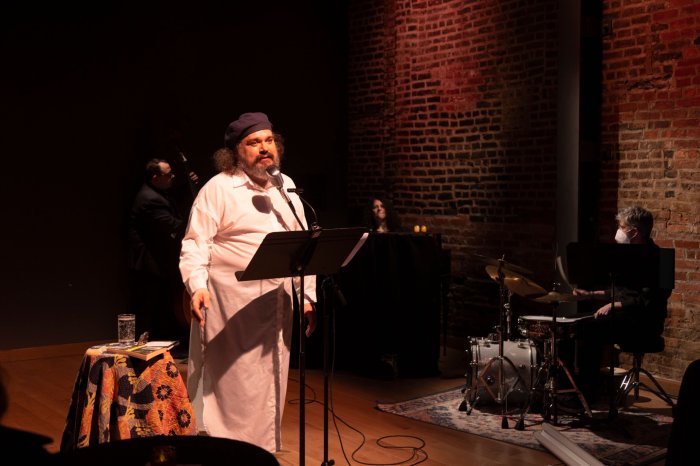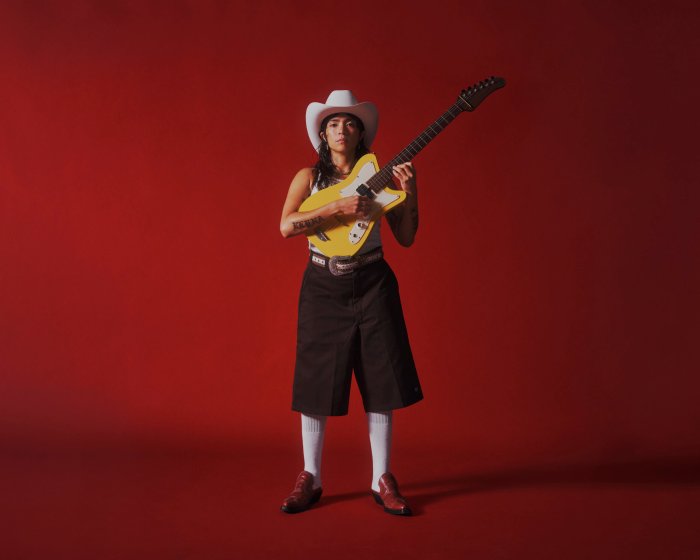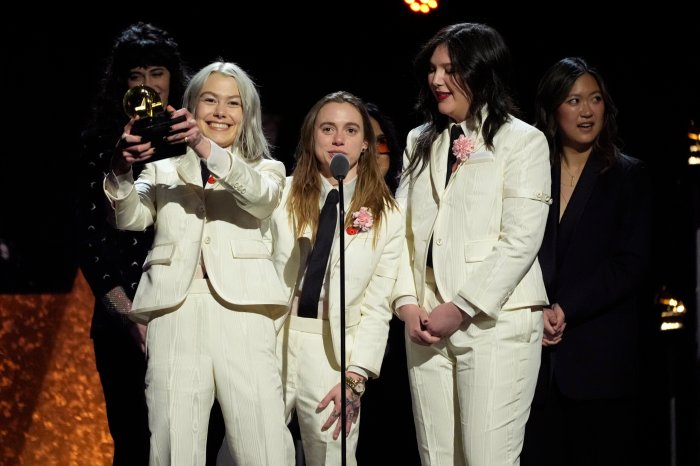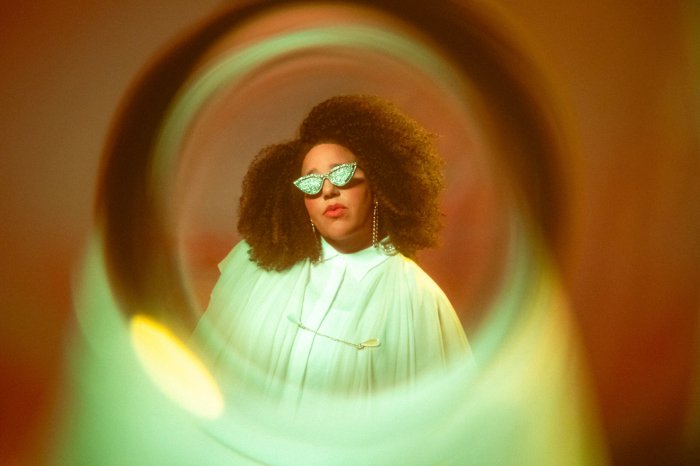BY BRIAN MCCORMICK | Stephen Greco has some big dancing shoes to fill. He works in the office where Marion Dienstag sat for a time, after she led Dance Theater Workshop into the new millennium with a brand new building and a fully loaded theater. Before her, David R. White, the kingmaker, reigned over these lands for a quarter century.
Greco was named the new executive director of the 43-year-old Chelsea institution in the summer of 2007. His appointment surprised some people; many of the staff at DTW didn't know he had founded a company and written three novels. He admits he has no background in arts administration. But he's had a long relationship with the organization and all the right stuff to put dance and DTW loudly and clearly on the cultural map, and in the budgets of major arts players.
DTW's new executive director reflects on six months at helm.
Greco came to New York City to be a poet in 1975, and instead took a job as the editor at Stagebill, where he stayed until 1984. He was senior editor for arts and entertainment at 7 Days magazine (1988-90), and then senior editor of Interview magazine (1990-94).
“I dated every male model and some women, too,” recalled Greco of his time working with Ingrid Sischy.
He was also the editorial director and co-founder of Platform.net (1996-2001), an urban youth culture web portal, then editorial director and co-founder of Empire magazine (2001-03); and is editor-at-large for Trace Magazine. He's also been a member of the New York Dance and Performance (“Bessie”) Awards Committee since 1985, on the invitation of David R. White himself.
“Coming here as a journalist is quite a different experience from sitting here in this chilly, imperial suite,” said Greco, “but inviting artists up and talking with them about their work is no less enriching.”
Greco shares leadership for the organization with artistic director Carla Peterson, who was appointed just a year before him.
As executive director, Greco will be responsible for all aspects of Dance Theater Workshop's operations, including overseeing the organization's long-range planning, fundraising, institutional partnerships, budgeting, and the management of its board of directors and staff.
One of the biggest tasks is paying off the debt incurred by taking on a new building.
“The architecture of recovery is firmly in place,” said Greco. “There is no reason for me to change course. There are new contextualizing elements and factors. But I've essentially plugged myself into a healthy ongoing organism.”
He added, “We're definitely looking to expand our sources of funding. Many corporations still don't realize Dance Theater Workshop is a major institution. There are corporate funders at BAM and Lincoln Center, there's no reason we can't have a rung of corporate support. It's all a question about the value of dance – in America, in the world today. Is there value? If we really believe it, let's share it and market it.”
The esoterica of contemporary dance and performance can be off-putting, conceded Greco. “In Chelsea, you can graze through 20 openings in a couple of hours and get a casual idea of what's going on in the art world.”
Dance, requires patience.
“People don't have to prepare to look, but they have to look, ” he said.
Greco has consulted for transnational corporations on marketing and branding strategies and served as a business advisor and editorial consultant for a wide array of contemporary arts organizations and publications for more than 30 years. He pointed to what he calls a “major trend in marketing and entertainment toward a triumph of experience over product in American culture that could and will benefit dance over the years.”
But Greco also warned of both resistance and the persistence of protectionist ideology.
“There are people who claim that dance is a democratic, wide-ranging form, but then they act all Episcopalian, they don't want others in,” he said.
Greco, who co-founded the Publishing Triangle's Ferro-Grumley Awards for LGBT fiction, has always been open about his sexual identity, and believes it gives him unique insights into dance.
“There is no greater genetic blessing than gayness,” he said. “It's not just about interior decorating, but the body and its truths. We have this special connection to dance, the truth of the physical, the affection, ritual, pleasure, joy, investigation of movement, breathing, contractions, relaxations.”
After the bubble burst and his web company “ended” in 2001, Greco wrote his first book, “The Sperm Engine,” a collection of both short stories and diary entries documenting gay sexual adventures.
“Writing rocked my world,” said Greco. “The transformative act of writing fiction was as earth-shattering as coming out.
Greco was also invited to put several stories up on Amazon shorts, an online collection of exclusive unpublished material, including one story that has been optioned by Hollywood. Much of this activity was recent, right after he came on at DTW, but Greco doesn't plan on moving to LA anytime soon.
“I'm in this for the long haul,” he pledged. “Of course, now it's hard to see anything. I've been to two operas and hardly any ballet. A night on the town used to consist of a store opening, a product launch, a performance, and an after-party. My Patrick McMullen sightings are way down.”

































